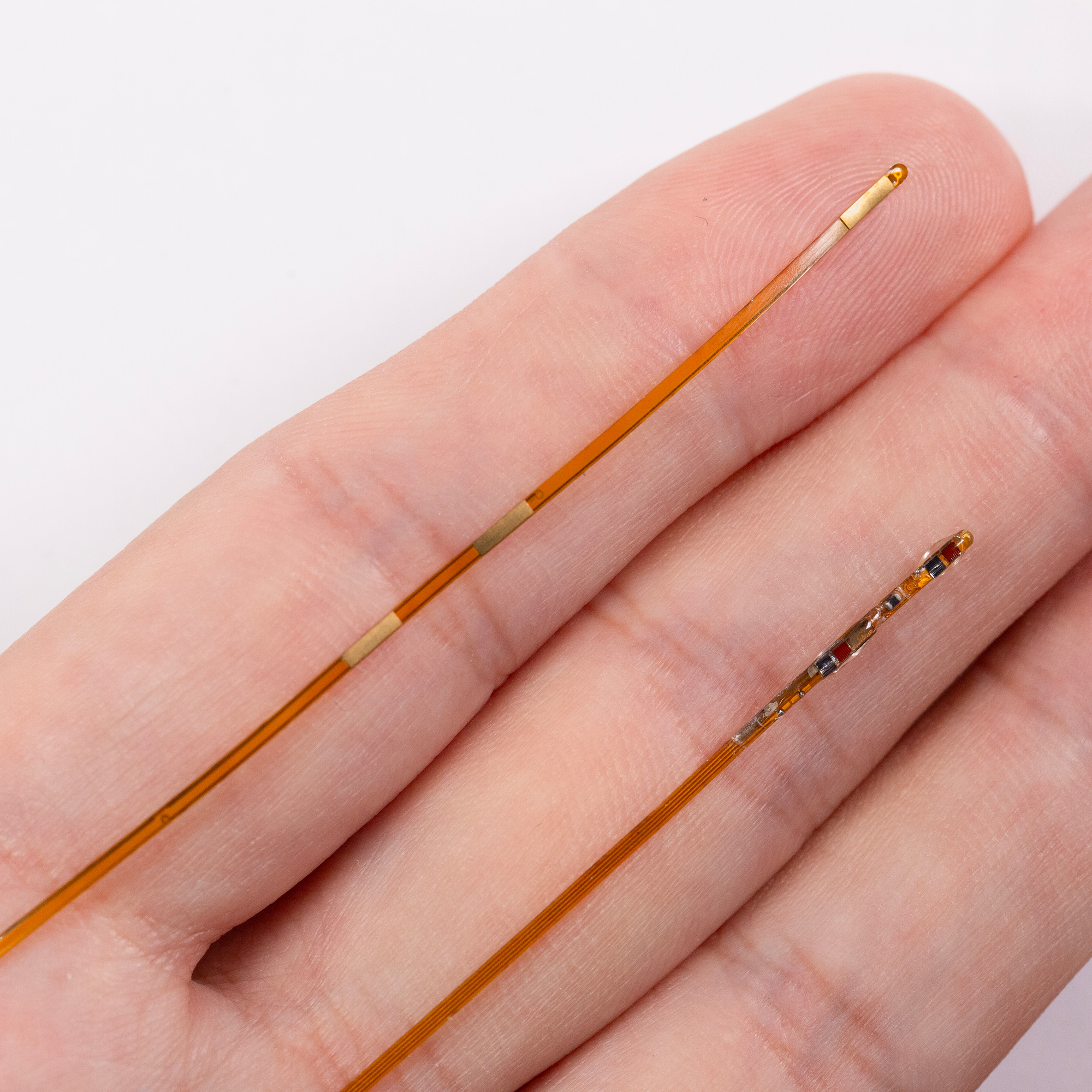Tag: Research
-

Targeting Cellular Mechanisms May Improve Immune Response in Chronic Infections
Northwestern Medicine scientists have identified cellular mechanisms that cause immune cells to differentiate and ultimately lose function during viral infection, findings that could improve therapeutic strategies for controlling chronic infection, according to a recent study.
-

Common Anti-Seizure Drug Prevents Alzheimer’s Plaques from Forming
Northwestern University scientists have pinpointed when and where toxic proteins accumulate within the brains of Alzheimer’s patients — and discovered a decades-old Food and Drug Administration (FDA)-approved drug that can stop the accumulation process before it even begins, according to a recent study published in Science Translational Medicine.
-

Paralysis Treatment Heals Lab-Grown Human Spinal Cord Organoids
Using lab-grown human spinal cord organoids — miniature organs derived from stem cells — Northwestern scientists have modeled different types of spinal cord injuries and tested a promising new regenerative therapy.
-

Combination Treatment May Slow Disease Progression in Advanced Sarcoma
An oral combination treatment may prevent disease progression in patients with advanced leiomyosarcoma, one of the most common subtypes of soft tissue sarcoma, according to a recent study published in The Lancet Oncology.
-

AI Model May Improve RNA Sequencing Research
Scientists in the laboratory of Rendong Yang, PhD, have developed a new large language model that can interpret transcriptomic data in cancer cell lines more accurately than conventional approaches, as detailed in a recent study published in Nature Communications.
-

Study Finds Widespread Screening for Rare Cholesterol Disorder Not Cost-Effective
Screening all young people for a genetic form of dangerously high cholesterol could prevent heart attacks and strokes later in life, but would not be cost-effective under the current healthcare system, according to a new modelling study published in JAMA.
-

New Computational Biology Track Added to PhD Graduate Program
A new PhD track is being added to the Walter S. and Lucienne Driskill Graduate Program in Life Sciences (DGP) for the 2026 application cycle, to enhance student learning and build community around computational biology and bioinformatics at Feinberg.
-

Cells’ Systems Cooperate to Form ‘Scaffolding’ During Egg Development
A Northwestern Medicine study has shed light on one of the most intricate construction projects in biology: how cells build and coordinate the internal scaffolding needed to create a healthy egg, according to a recent study published in the Journal of Cell Biology.
-

First-Of-Its-Kind Probe Monitors Fetal Health in Utero During Surgery
Northwestern University scientists have developed the first device that can continuously track a fetus’s vital signs while still in the uterus — a feat that previously has not been possible.
-

New Institute Envisions Future Where Our Brains Last as Long as Our Bodies
Northwestern University has launched the Simpson Querrey Brain Health Institute (SQ-Brain), made possible by nearly $25 million in philanthropic funding from university trustee Kimberly K. Querrey.





